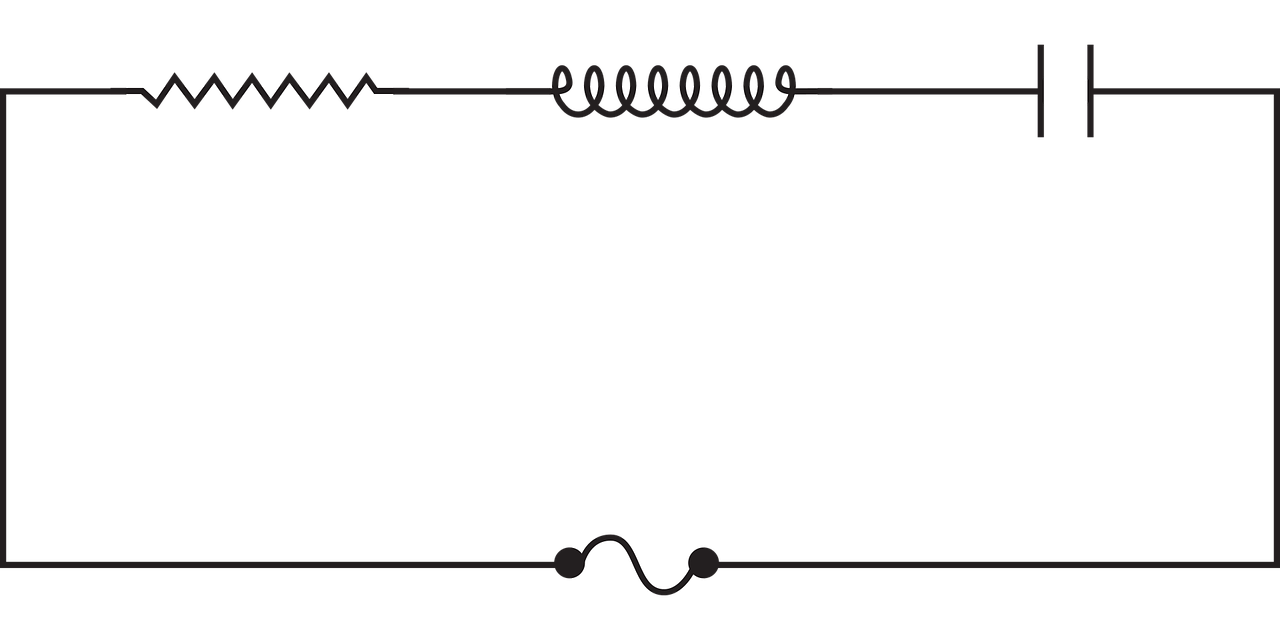
Peter Wehling was a visiting researcher at ISOE in May and June 2021 as part of the tdAcademy Guest and Fellowship Programme. His focus was on institutional and conceptual resistances to transdisciplinarity in mainstream science. In this short article, he summarizes his observations and research findings.
What positive, productive effects can transdisciplinary research have on science? In order to answer this question, it is not enough just to consider the scientific quality and originality of transdisciplinary research projects and their findings. The scientific impact of transdisciplinary research also depends on how open established, disciplinary science is to critical impulses and views generated by transdisciplinary research, and to what extent it is willing to take up such impulses.
In this respect, though, one often finds that established science blocks and dismisses possible effects of transdisciplinary research by treating transdisciplinarity as a deviant, questionable research practice and excluding it from the sphere of ‘good’ and ‘legitimate’ science. During my stay as a visiting researcher at the Institute for Social-Ecological Research (ISOE) in the framework of the tdAcademy project, I conducted a more detailed study of this kind of “boundary-work” (Thomas Gieryn) [1] as carried out by established science in relation to transdisciplinary research.
My study examined three examples and was based conceptually and methodologically on Science and Technology Studies (STS) [2], as an interdisciplinary and transdisciplinary field, which, unlike large sections of the disciplinary sociology and philosophy of science, make no normative presumptions about what is good and legitimate science and what is not. Rather, an STS perspective observes how and with what goals such boundaries are drawn in the sociology and philosophy of science, in science policies and in science itself and what implicit or explicit characterizations of ‘true’ science on the one hand, and questionable research on the other, are brought in as this is done.
Using this perspective, I analyzed three examples:
- Firstly, the charge of “solutionism”, that is to say a preoccupation with quick solutions to complex problems, leveled at transformative and transdisciplinary research;
- Secondly, the implicit or explicit assumption that disciplinary research is “normal” and inherent to science as well as indispensable for scientific progress, which means that transdisciplinarity is pushed to the margins of the scientific spectrum;
- Thirdly, the insinuation that can be observed in recent debates within German environmental sociology and sociology of sustainability to the effect that, unlike disciplinary sociological research, transdisciplinarity tends to endorse normative views and so makes it more difficult, or even impossible, to develop an analytical and reflexive scientific approach to the object of investigation.
There are many differences of detail between these cases, but in all three one can recognize typical patterns of boundary-work:
On the one hand an extremely questionable, idealized image of one’s own, established disciplinary research as a “pure,” value-neutral scientific activity that is only oriented toward truth and produces certain and reliable knowledge is drawn and maintained.
On the other hand, transdisciplinary research is systematically denied legitimacy by means of the unjustified attribution of dubious characteristics, such as focusing on useful knowledge rather than truth, normative bias, or the loss of complexity, and in this way devalued as a no more than partially scientific or even completely unscientific activity.
Drawing boundaries in this way makes it easier for established science to dismiss, or to refuse even to take cognizance of, the critical impulses and productive challenges transdisciplinary research generates (or might generate). Explorations of the scientific impact of transdisciplinary research must therefore take into account such dismissive postures, fears of contact, and strategies of boundary-work and make them an object of critical analysis.
[1] Thomas Gieryn, Boundary-work and the demarcation of science from non-science: Strains and interests in professional ideologies of scientists. American Sociological Review 48(6) (1983): 781-795. https://doi.org/10.2307/2095325
[2] The Handbook of Science and Technology Studies, fourth edition, edited by Ulrike Felt, Rayvon Fouché, Clark Miller, and Laurel Smith-Doerr. Cambridge, MA: MIT-Press 2017

Peter Wehling is Lecturer in sociology at Goethe-University, Frankfurt/Germany. Previously, he had worked with various scientific institutes in Germany, among them (from 1990 to 1998) the Institute for Social-Ecological Research (ISOE) in Frankfurt. His research topics include Science and Technology Studies (STS), sociology of knowledge and ignorance, sociology of biopolitics and bioethics, environmental sociology and critical theory.
Latest publication: Why Science Does Not Know: A Brief History of (the Notion of) Scientific Ignorance in the Twentieth and Early Twenty-First Centuries, in: Journal for the History of Knowledge, 2(1) (2021): 1-13. http://doi.org/10.5334/jhk.40 (Open access)
Contact: wehling@em.uni-frankfurt.de
